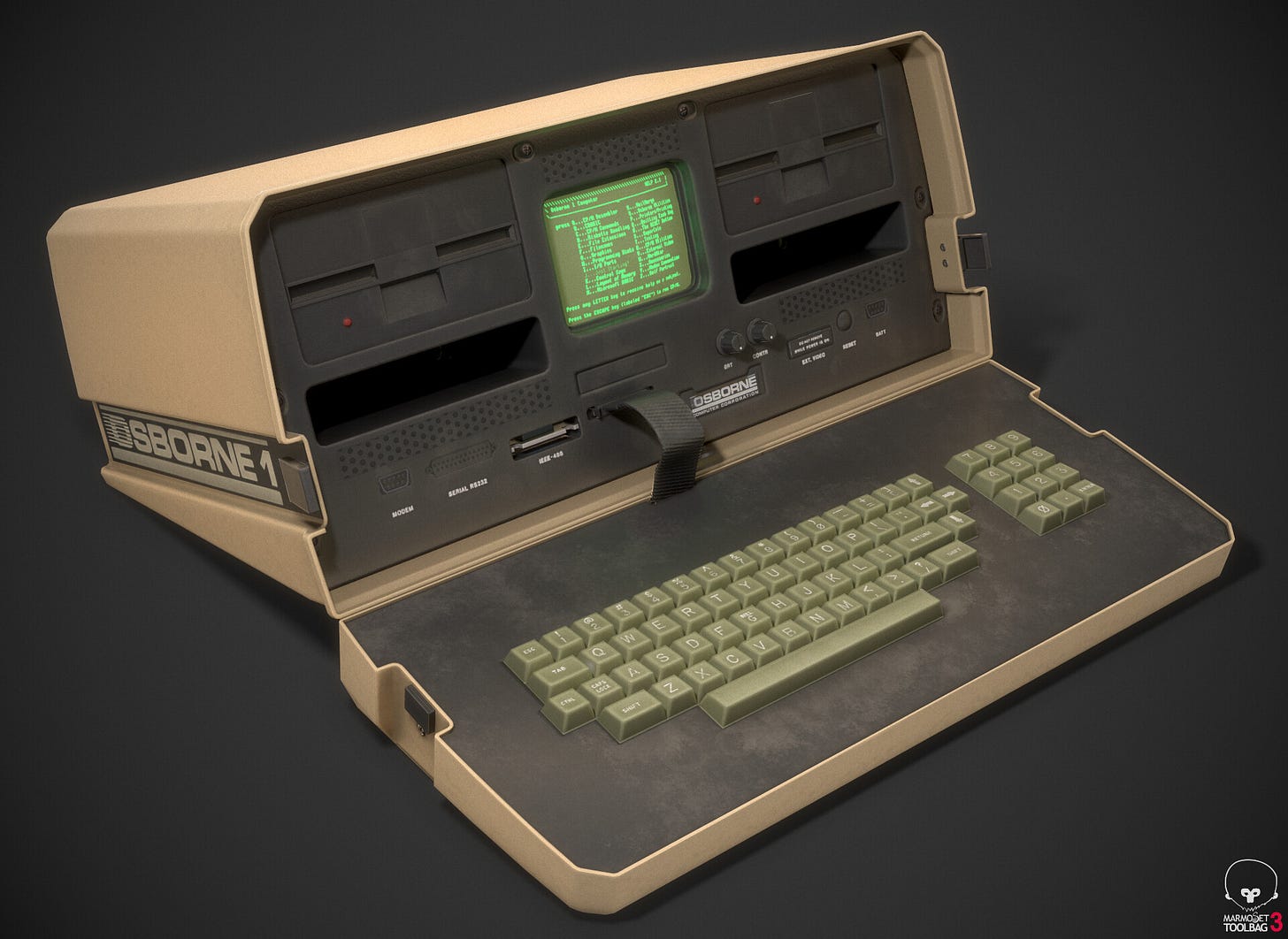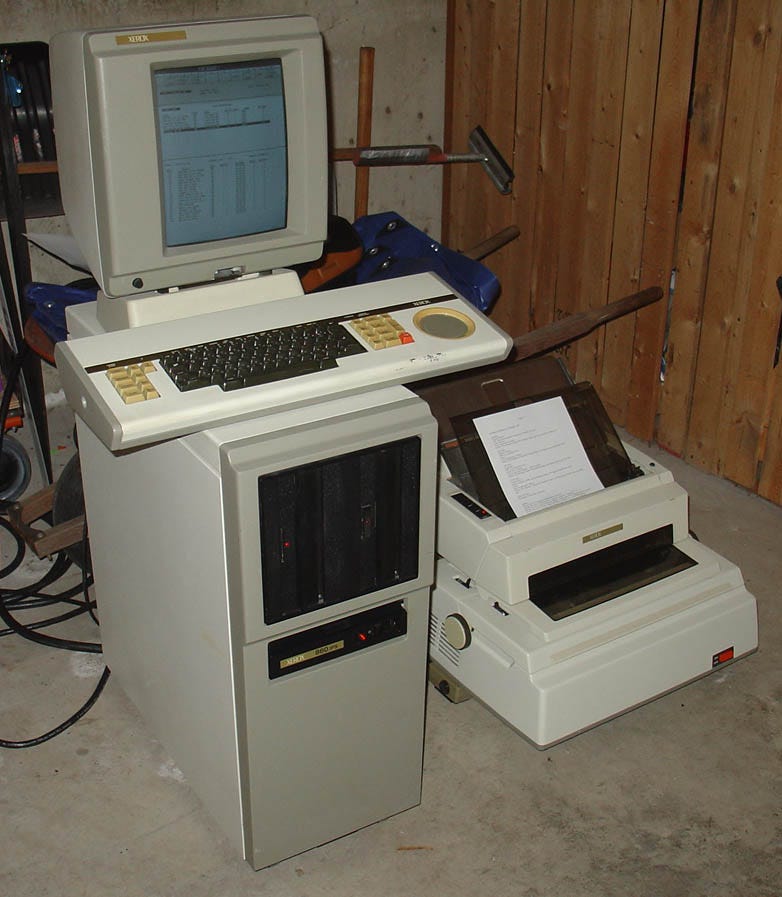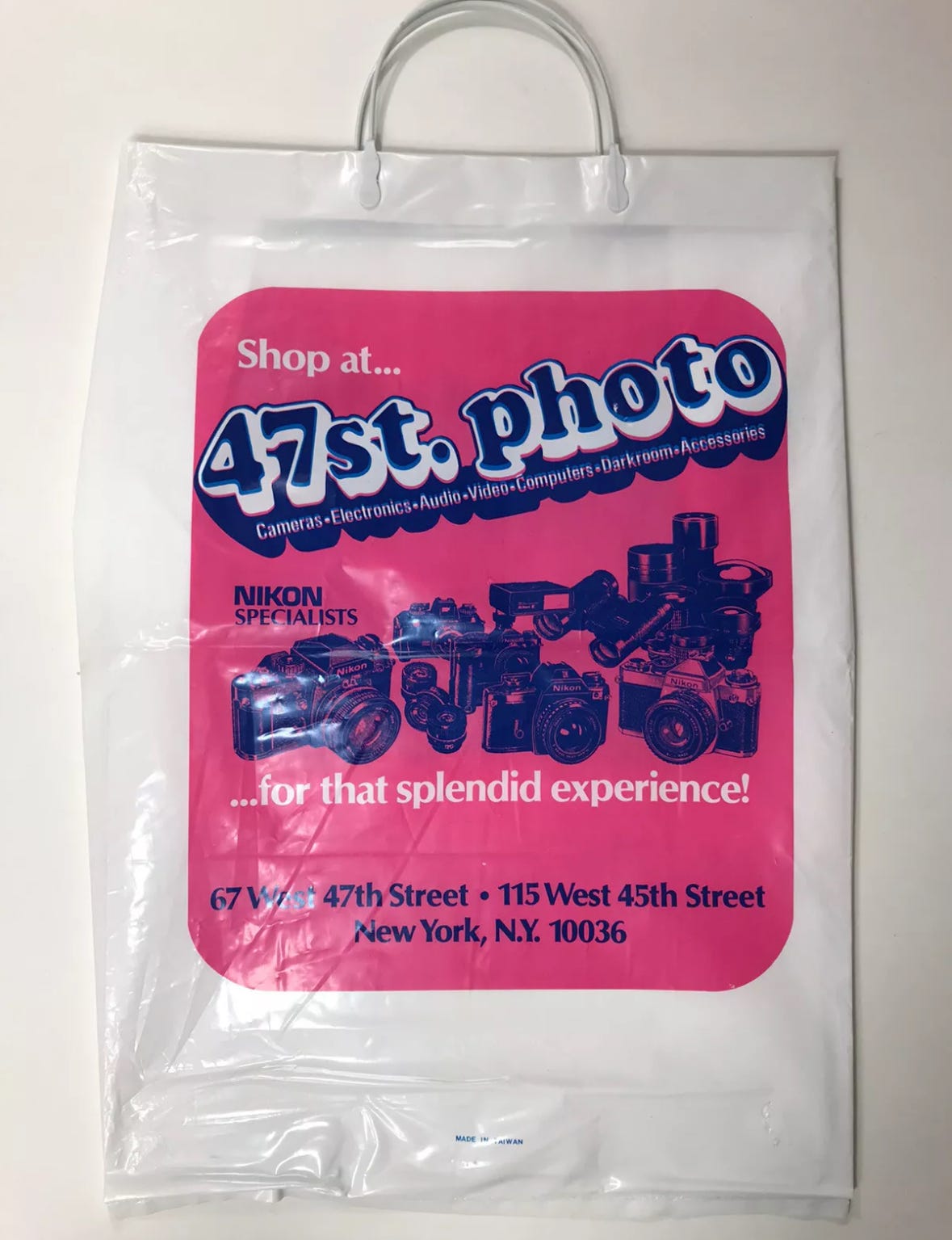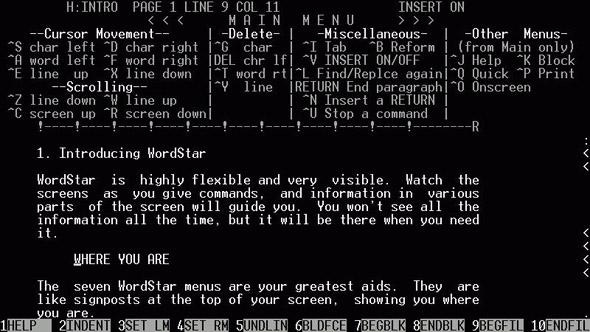221. Using AI for School is NOT Cheating
The use of AI is causing some in universities to freak out. I would worry more about NOT using AI, if history is any indication.
In the latest call to act on the challenges and problems with AI in this story in The Atlantic, the author posits universities and colleges do not have a plan to deal with all the fraud created by students using generative AI:
But his vision must overcome a stark reality on college campuses. The first year of AI college ended in ruin, as students tested the technology’s limits and faculty were caught off guard. Cheating was widespread. Tools for identifying computer-written essays proved insufficient to the task. Academic-integrity boards realized they couldn’t fairly adjudicate uncertain cases: Students who used AI for legitimate reasons, or even just consulted grammar-checking software, were being labeled as cheats. So faculty asked their students not to use AI, or at least to say so when they did, and hoped that might be enough. It wasn’t.
While the story shows some professors who are using AI or trying to, by and large the issue is about “fraud” with students. Putting aside the obvious irony/craziness of faculty worried about student fraud in an era of widespread faculty fraud all the way to the level of university president, the issue is not new. Whether it was calculators, encyclopedias, “online databases”, or the internet itself the idea of new technologies being labeled as cheating or fraud is not new.
This is a personal story of getting caught on the cusp of technology change and concerns over fairness and cheating. It is about the first use of “word processors” in freshman English in 1983. This originally appeared on X.
When I was a college freshman in 1983 the DOS PC was exactly 2 years old. Cumulative to date IBM PC sales had just surpassed Apple ][ sales, with about 1.5 million units worldwide. The most common graduation gift my classmates had received was a Smith-Corona typewriter followed by a fancy TI calculator. During registration we received a punch card with our random 4-character USER ID (mine was TGUJ for use on the mainframe CORNELLA) along with a $100 credit for CPU time and disk space. As I described in "Hardcore Software" my father (for reasons I will never know) bought an Osborne computer for his business in 1981. For college I was sent off with a second one just to fix bugs in the inventory management program I wrote in dBase. No one else in my dorm had a computer.

A surprising thing happened during course registration which was a sampling of students were picked to be part of an "experiment" to take place in the required freshman writing course. Some students were told they could optionally join a class that would be using a "word processor" to write their papers. The goal was to evaluate whether students wrote better or worse if they used a word processor. Supposedly professors were tracking or measuring quality of rough drafts and final papers or something.

I was randomly chosen for the "word processor" cohort. We went to a special orientation to see the Xerox word processors and had to shell out $10 to buy an 8" floppy. The word processors were dedicated to word processing (computers that only ran one program for word processing) and there were 4 in a tiny room in the basement with one printer. I had a moment of panic because I had simply assumed I would use WordStar on my Osborne and my dot matrix MX-80 printer. I was all set up in my dorm ready to go. The professor told me I had to go to the dean to get permission to use my Osborne. It might break the experiment.

These “word processors” were ridiculous. They were up a giant hill (like all computing resources), weird, and slow. Plus 8” floppy. The keyboards had all sorts of weird colored function keys that made no sense. WordStar was already native to me and my computer was in my dorm. I knew all the shortcuts.

The dean and I had an interesting (and very short) conversation. First I was just terrified. I was 3 days into orientation and already meeting the dean. I was told I had to be in the word processor cohort because otherwise it would be "unfair" to other students in the typewriter cohorts. BUT he insisted I use a “letter quality” printer. In a panic I called home. We did not have one and was worried about the expense. I found a daisy wheel typewriter available from 47th St photo (they had a toll-free number to call to talk to a sales person and figure this all out) which I could order and get shipped to college. It connected to an Osborne over a parallel cable and I could hack WordStar to output to it and even got Bold working.

The writing class was fine. Every week we had a paper due. I was just a normal freshman up late on Thursday finishing it. I’d hit save to my 5 1/4” 90K floppy and then ^KP to print. Like a Gatling gun or teletype (think opening scene of All The President's Men) my typewriter would spew out my 5 page paper and annoy my roommate and guys across the hall.
I have no idea how the “experiment” went for our class or what conclusions they drew about using a word processor.

As it turns out, the results of the experiment wouldn’t matter at all. A funny thing happened over the traditionally long winter break in January 1984. The then #2 computer company ran a commercial on the Super Bowl about why 1984 would not be like 1984. When I got back to school there were about a dozen Macintoshes that had replaced VT-100 terminals in the main terminal room for engineering and maybe 100 for public use around a campus of 20,000 students due to the wonderful Dan'l Lewin who created this academic niche for Steve Jobs. And suddenly for about $2500 (same as Osborne) students could buy their own Macintosh. No one ever said again that using a computer was “unfair” or even worse cheating. As an aside, I had used the pre-release Macintosh in a sealed off room as part of my part time job as computer terminal operator, but that’s a different story. I also worked in a facility that had Windows, SGI, mainframe terminals, and a PDP-11.

As a lucky freshman with computer literacy the whole episode seems just silly. I never really thought about it.
Fast forward to the release of ChatGPT. Through a friend who is an active alumni (I am not) I tried to reach out to the people in charge of the freshman writing program—the same one I took. We wrote up a version of this story for them to see. We had two things we wanted them to think about:
First, the technology is here and some set of students are already using it in high school so it makes a lot of sense for the writing program to make sure all students have access. This would improve things over the “experiment” we lived through.
Second, without going through a process where all students are put on the same page about the technology, the pros/cons, the limitations, etc. along with the faculty, it is highly likely that some students will be accused of having an “unfair” advantage or worse “cheating” or something like that. I suggested that the use of ChatGPT in class as a tool would help the school arrive at use cases, policy, and rules so that students and faculty would all be on the same page. I was certain some, probably most, profs would “ban” the technology and some, small number, would embrace it.
I was offering to help connect them to the right people, acquire the needed materials and licenses, and so on.
It took a lot of back and forth over a month and they basically (well, literally) told me that they would not have anything to do with this sort of activity as they cannot “mandate” how faculty teach and so on. It was essentially a head in the sand.
Sure enough the following 18 months were numerous incidents and stories in the Cornell newspaper about the use of AI in classrooms, students doing dumb things, faculty doing dumb things, controversy, and so on. There student editorials and stories about using the technology in one class but not another. Faculty stories of “cheating” and of course stories of hallucinations, embarrassments, and inaccuracies in student work.
No one, not one single class, put up a fight about using a computer when I was in college. My letter-quality printer (that's what they were called) made it look like I used a typwriter. In fact, unbeknownst to my teachers I was using an "online service" to find "information" for papers I was writing (such as on "acid rain") because the Osborne had a modem and I could dial up at 300b to an online database that was included as a trial version. It beat slogging the 20% grade hill in 20° weather at night. I guess I was cheating then too. I started to use a Xerox Star to do my lab reports because I could print for free (Mac laser printing was $0.15 per page) in the computer science lab plus the word processor and drawing program were way better—I spent Friday nights helping classmates recover corrupt and thrashed MacWrite documents because the Mac was so flakey. My profs were blown away and never accused me of cheating, though that was because the actual chemistry in my lab reports was abysmal.
This was all strikingly familiar to me not just because of my own freshman year of college. But also my freshman year of high school. That was the year the Texas Instruments TI-35 calculator came out and cost $29. People were getting them in droves. Using one was deemed cheating. By senior year physics a TI-35 was required. When our elementary school got encyclopedias they could only be used in the presence of the librarian to make sure we would understand the difference between a primary and secondary source.
History rhymes but sometimes it just plain repeats. Keeping technology from students while they are learning is completely absurd. Labeling it cheating is the worst way to do that.




It’s been a very long time since I took an exam, so this possibly invalidates my view. But, in life often we are faced with a short time to analyse a problem and to choose the optimum solution.
I was a history student. My professors were more interested in our ability to analyse a question than in regurgitating from memory a sequence of factual events.
( For example, if you took an exam paper that sought your views on the origins of WW1, you ‘failed’ if you failed to recognise that Charlemagne who ruled over most of Europe had three sons…. And so on, so forth.)
In the military when you led a team which came under fire, within seconds, you had to evaluate the situation using a simple process of analytical steps and then select your plan. Your team had to trust your skills and follow your lead.
So where I am going with this is I think I agree with your analysis Steve, but only if AI assists the thinking process and does not ‘replace’ it.
I was banned from using my Commodore Amiga and dot-matrix printer (still have both) in a creative writing class in college. How creative.
Then, for my intro to cartography class, I was not allowed to use Aldus Freehand on the computer lab Mac’s. So I would spend a few days doing the assignment with ink and vellum and press-on type and then an hour on the Mac with a laser printer and hand them both in out of protest. I’m having lunch tomorrow with the TA that made me do that! 😏